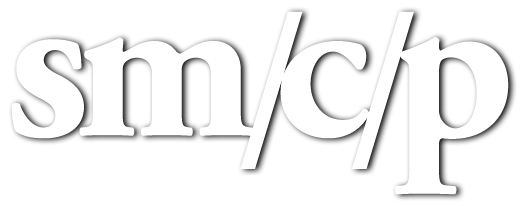Tom Edsall’s New York Times piece, “The Great Trump Reshuffle” is the most fascinating look at polling and demographic data in months, and the implications of Donald Trump leading the 2016 Republican ticket to the Republican Party’s future are as fascinating as they are sweeping.
Consider this passage, which, in plain vernacular, blows your mind:
Public Opinion Strategies, a Republican polling firm, analyzed a survey conducted in April by NBC and The Wall Street Journal. Respondents were asked to choose between Clinton and Trump, and the results demonstrate that there will be substantial shifts in the income and education levels of Democratic and Republican voters, at least as far as this presidential election is concerned.
One of the largest shifts is among college-educated voters, who are expected to defect from the Republican Party by the millions if Trump is the nominee. In 2012, President Obama lost college-educated voters by four points; this year, according to Public Opinion Strategies’ analysis, Clinton will win them by 29 points.
In addition, the NBC/WSJ poll reveals that Clinton should make substantial gains among voters from households earning in excess of $100,000. While Obama lost these affluent voters in 2012 by 10 points, the NBC/WSJ survey shows Clinton carrying them by 12 points.
There are two groups among whom Trump will gain and Clinton will lose: voters making less than $30,000 and voters with high school degrees. Both less affluent groups are expected to increase their level of support for the Republican nominee over their 2012 margins, by 13 and by 17 points.
For the Democratic presidential coalition in 2016, the net effect of this shift will be to further reverse the working class tilt of the party, which has been trending upscale since 1992. The Republican coalition of 2016, in fact, will look increasingly like the Democratic Party of the 1930s.
A Trump versus Clinton contest will deepen the partisan divisions that have set those who support the social and cultural revolutions of the past five decades on race, immigration, women’s rights, gender equality and gay rights — as well as the broader <a href="http://www viagra internet france.gallup.com/poll/127559/education-trumps-gender-predicting-support-abortion.aspx”>right to sexual privacy — against those who remain in opposition.
After thinking through the implications of this entire passage, one needs more time to absorb it to comment further. Having now been in Washington for 36 years — washing ashore in 1980 as a wet-behind-the-ears ‘young Republican’ of that era — I’m coming to grips with this as the very tail end of the “Reagan Revolution” more broadly, and something entirely new is emerging.
